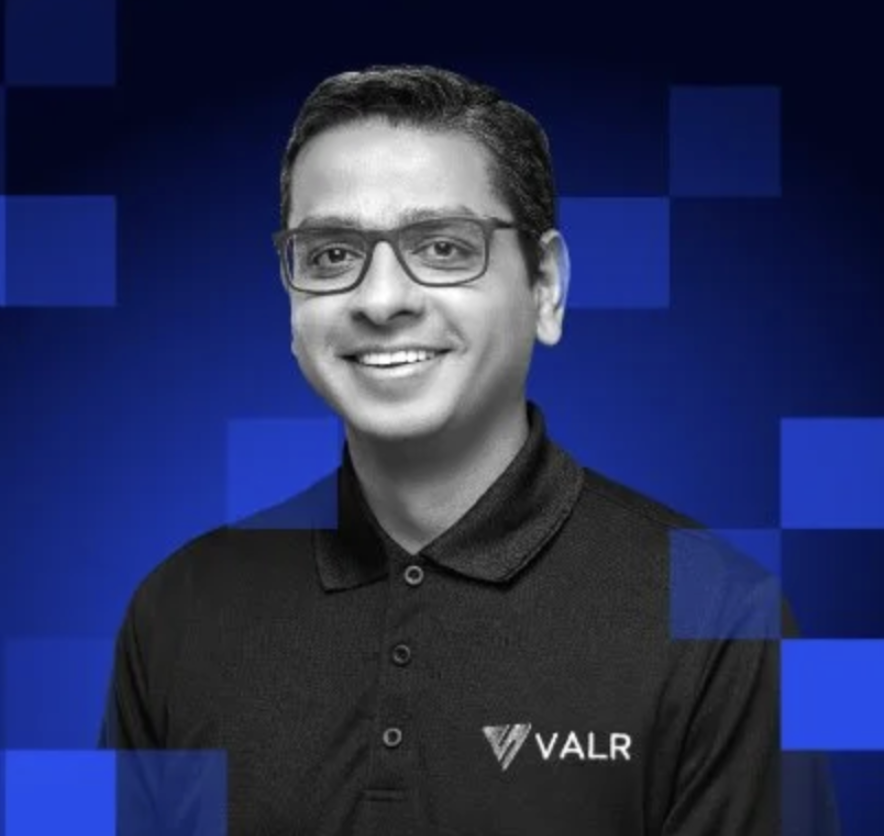Disclosure: The views and opinions expressed here belong solely to the author and do not represent the views and opinions of crypto.news’ editorial.
Let’s start with what’s actually happening: Africa is home to some of the world’s most sophisticated crypto infrastructure. Not because anyone planned it that way, but because necessity has a funny way of driving innovation.
Summary
- Africa has become a real-world testing ground for crypto, where adoption is driven by necessity, not speculation.
- Stablecoins already make up 40–50% of transaction volume in key markets, serving as lifelines against inflation, devaluation, and costly remittances.
- Users demand world-class infrastructure that meets global standards, not “Africa-only” solutions.
- Building in Africa is hard — but companies that succeed gain a strategic edge, creating resilient systems adaptable to any market.
While global markets debate theoretical use cases, African users are living them. The result? A continent that’s quietly become the world’s testing ground for what crypto actually looks like when it solves real problems.
When crypto stops being theoretical
In most of the world, crypto is still a speculative investment or a technological curiosity. In Africa, it’s Tuesday. People in this part of the world use crypto because there’s no reliable alternative. That means the needs and behaviors of African users are fundamentally different from those of other markets, where speculation and curiosity foster adoption.
The necessity-driven users are far more likely to be long-term customers because crypto fulfills their real financial needs, whether it’s remittances or preserving value in unstable economic environments. When your local currency can lose 30% of its value in a month, stablecoins aren’t innovation — they’re infrastructure. When sending money across borders costs 20% in fees, peer-to-peer transfers aren’t disruptive — they’re a survival.
At VALR, we’ve watched stablecoins grow to roughly 40% of all crypto volumes. Not because we marketed them heavily, but because they solve problems that keep people up at night. Dollar-denominated stability in economies where monetary policy can shift overnight? That’s not a feature — it’s a lifeline.
Building for reality, not presentations
African users don’t want crypto products built “for Africa.” They want world-class products that happen to work in Africa. The difference is everything. African users don’t want a “good enough” exchange with relaxed standards. They want infrastructure that competes globally while serving local needs. They’re looking for excellence. And they can tell the difference. Unfortunately, “good enough” isn’t an option when you have real people relying on your platform for their financial stability.
The African crypto ecosystem still has plenty of opportunities for those willing to maintain global quality standards, embrace regulations, and most importantly, build with integrity. Building in Africa is hard. Payment ecosystems change frequently. Regulatory frameworks evolve. Economic conditions shift.
But here’s what we’ve discovered: that complexity is actually an advantage. When you’ve learned to build robust systems that work across diverse, challenging environments, entering new markets becomes easier, not harder.
It’s like training at altitude. Everything else feels manageable by comparison.
The partnership reality
Global crypto firms often approach African markets with good intentions but limited understanding. They see the user numbers, appreciate the growth potential, and want to participate. The challenge isn’t interest — it’s execution.
Building here requires time, capital, and deep local knowledge. It means understanding that what works in Singapore might not work in Lagos. It means building payment rails from scratch and navigating regulatory environments that change as quickly as they develop.
From an African perspective, the most successful partnerships come from companies that understand they’re not just exporting their existing playbook, but collaborating to build something new.
The stablecoin present
Here’s the reality: most businesses on the continent trust the US dollar more than their local alternatives. And given the monetary policy volatility across many African currencies, that’s not necessarily irrational.
Tether (USDT) and USD Coin (USDC) provide instant, borderless transactions without the complexity of new payment networks. Persistent inflation and foreign currency access issues have made stablecoins an attractive alternative. Dollar-denominated stablecoins are filling a critical gap in our financial infrastructure.
A quick glance at the latest Chainalysis report tells you that Sub-Saharan Africa witnessed a massive spike in crypto activity in March this year. Monthly on-chain volume topped $25 billion when most other regions experienced declines. The biggest factor driving this surge? A sudden currency devaluation in Nigeria in March 2025. It pushed more users towards crypto as a hedge against instability.
In Nigeria, stablecoins account for nearly 50% of crypto transaction volume. Similar patterns are emerging across South Africa, Kenya, and Ghana. By 2025, we expect key markets to cross the 60% threshold.
Service over speculation
Africa isn’t the future of crypto because someone at a conference said so. It’s the present of crypto because that’s where the real demand is — and real demand drives real innovation.
The continent isn’t waiting for permission or validation. The infrastructure is being built, the adoption is happening, and the solutions are working because people in Africa expect a reliable financial infrastructure that works when they need it most.
The revolution isn’t coming. It’s already running. Here, crypto isn’t merely an alternative investment; it’s a strategic economic tool for millions.












